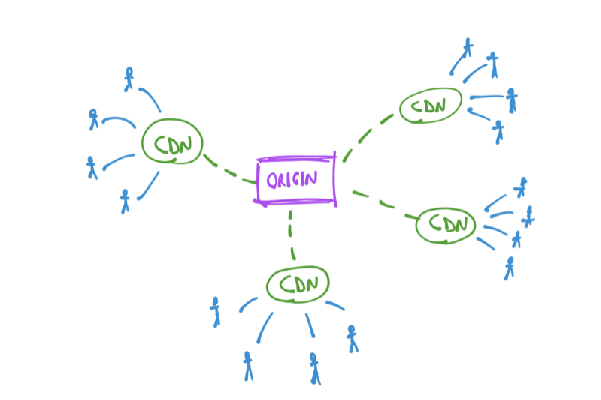Have you ever looked forward to something so badly, then wind up giving up halfway through? Could it be staying in line to get your favorite Starbucks frappuccino only to find out they’ve run out of whipped cream? Maybe waiting for your date to arrive ‘til sundown, then eventually getting a call that he/she is out of town and had completely forgotten about it? Or maybe losing sleep over that 4-hour 70% off online deal that is taking forever to load? If you are a website owner, developer, or simply an enthusiast and you see yourself in these (and many other similar) situations, then this article is for you.
Who doesn’t love going online? May it be shopping, reading e-books, browsing through photos, or binge-watching, web surfing saves so much time and energy— or does it? For the most part, yes. On a bad day though, a website that doesn’t load does just the opposite of the former— it takes you a lot of time and drains you out until you get tired and give up. We are in the digital age; an era of “instants”—instant noodles, instant messaging, instant coffee, instant boyfriends/girlfriends—the works! This is why it is perfectly understandable that internet users expect to find what they’re looking for, well, instantly.
So what can I do about this? How can I avoid this from happening to my viewers/visitors?
This, my friend, is where a CDN chimes in.
What in the world is a CDN?
A CDN (Content Delivery Network) is a network that allows users to access cached content from your website based on their geographic location. You might have heard of some popular ones such as Amazon, Akamai, Incapsula, and Cloudflare to name a few. All of these serve the exact same purpose: distributing cached content among servers around the world instead of overcrowding yours. These servers are called nodes. When someone visits your website, CDNs will load your content from nodes instead of from your personal server.
Okay, so why exactly do I need a CDN? What’s the worst that could happen if I don’t get into it?
When users want to view something from your website, they load content from the server—your server. Without a CDN, your server will struggle to render the pages, making it slightly more difficult to serve them your content. Now, if you want your visitors to have the optimal experience while using your website, CDNs are just what you need! Consider this: you have a thriving website with lots of loyal visitors who are looking at the exact same piece of content. Imagine how much this could bog your server. Having an unresponsive web page could be a major turn-off, even for loyal visitors.
If you, however, decide to break new ground with CDN, it will distribute static content (pictures, videos, etc.) and deliver them closer to the people who are actually viewing them.
Still confused? Think of a CDN as a business owner, CEO, or simply a boss of a successful company. Some compare it to a black space, a tree, and even magic. To us, a CDN is a company boss, simply put; of a company that is very in-demand, serving hundreds of customers per day. Imagine if the boss had to take care of production, development, purchasing, sales and marketing, human resource management, and accounting all at the same time. Honestly, he could opt to do so, and discover the lengths he would go just to be able to accomplish even a quarter of what needs to get done. If there are, however, reliable people he can hire for each specific task, saying “life would be easier” would be an understatement. The same goes for CDNs.
Don’t worry. It only seems complicated at the beginning, but it’s actually very simple. Here are some beneficial changes you will see if you decide to use a CDN:
- Web Surfing will be a breeze
Since CDNs have cached versions of your content, the load does not directly go to your server, thus ensuring more latency, speed, and an overall better performance for internet users.
- Caching > Crashing
Thanks to the existence of oh-so helpful CDNs, our servers will no longer get overwhelmed by the multitude of processes coming in. Therefore, the very reason behind crashing will be eliminated.
- Adios, hackers and bots!
Last but (most definitely) not the least, CDNs will provide Security. Once content is distributed to the nodes, they take out malicious requests, paving the way for stress-free content sharing. In short, this feature will allow you to go to bed peacefully at night.
Now that we have told you about CDNs, it’s entirely within your discretion whether to go for it or not. There is a plethora of resources for you to go through to learn about the nitty gritty of this life-changing network. As for us, you would have to get on board to see the difference!
“Any technology that is indistinguishable from magic for you is one you don’t understand.”
—Artur Bergman



FOLLOW US